Shoumita Dasgupta on bias, belonging, and the future of science
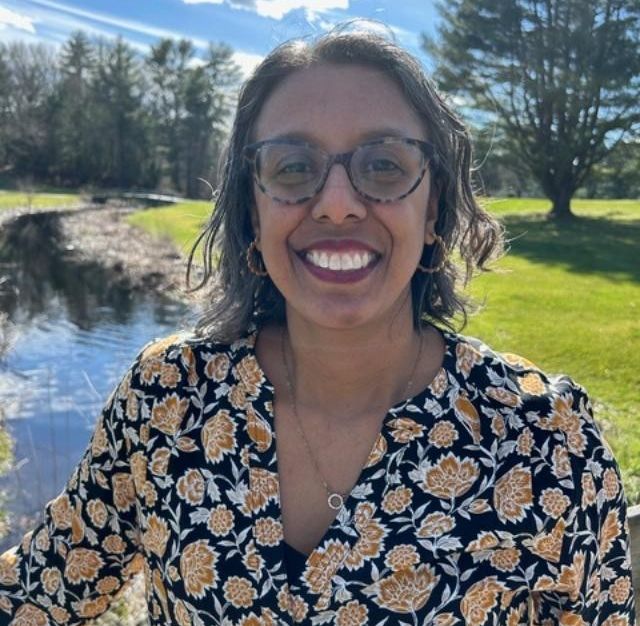
Shoumita Dasgupta, a professor of medicine at Boston University, will speak about her book “Where Biology Ends and Bias Begins: Lessons on Belonging for Our DNA” at The Colonial Theatre in North Canaan on April 17.
Provided
 Provided
Provided
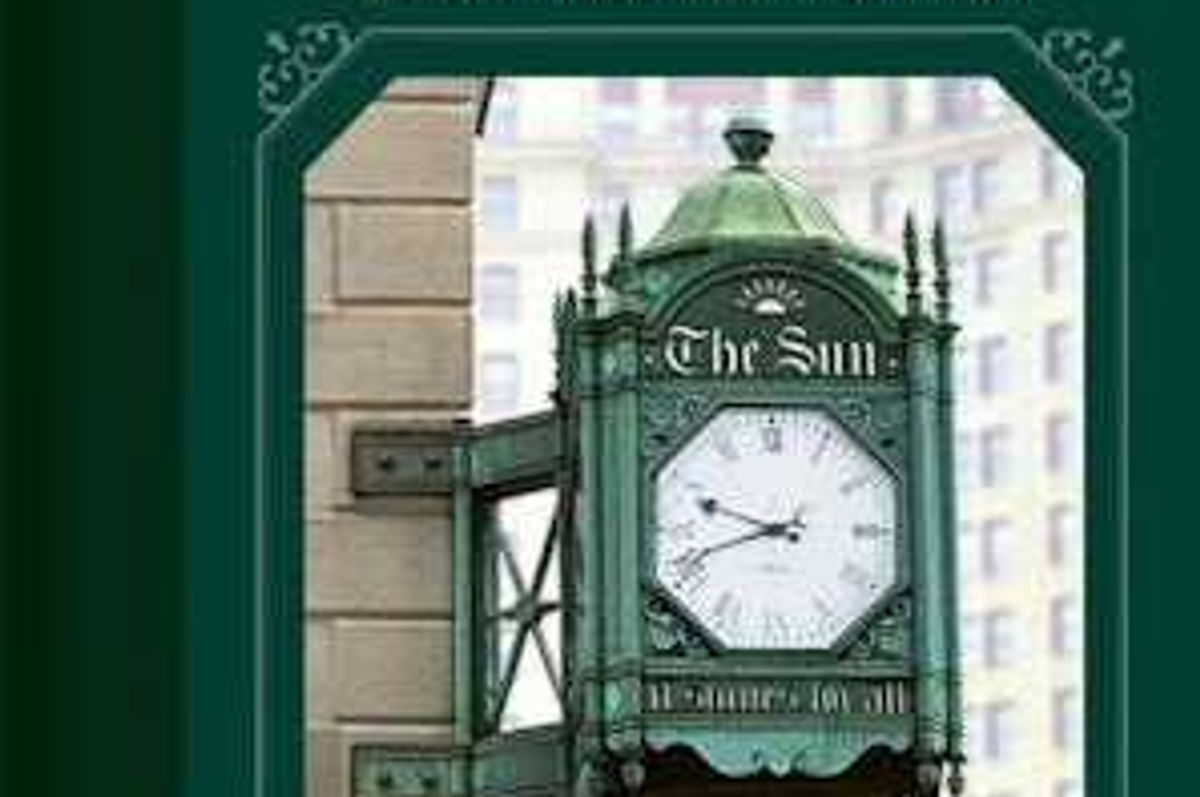
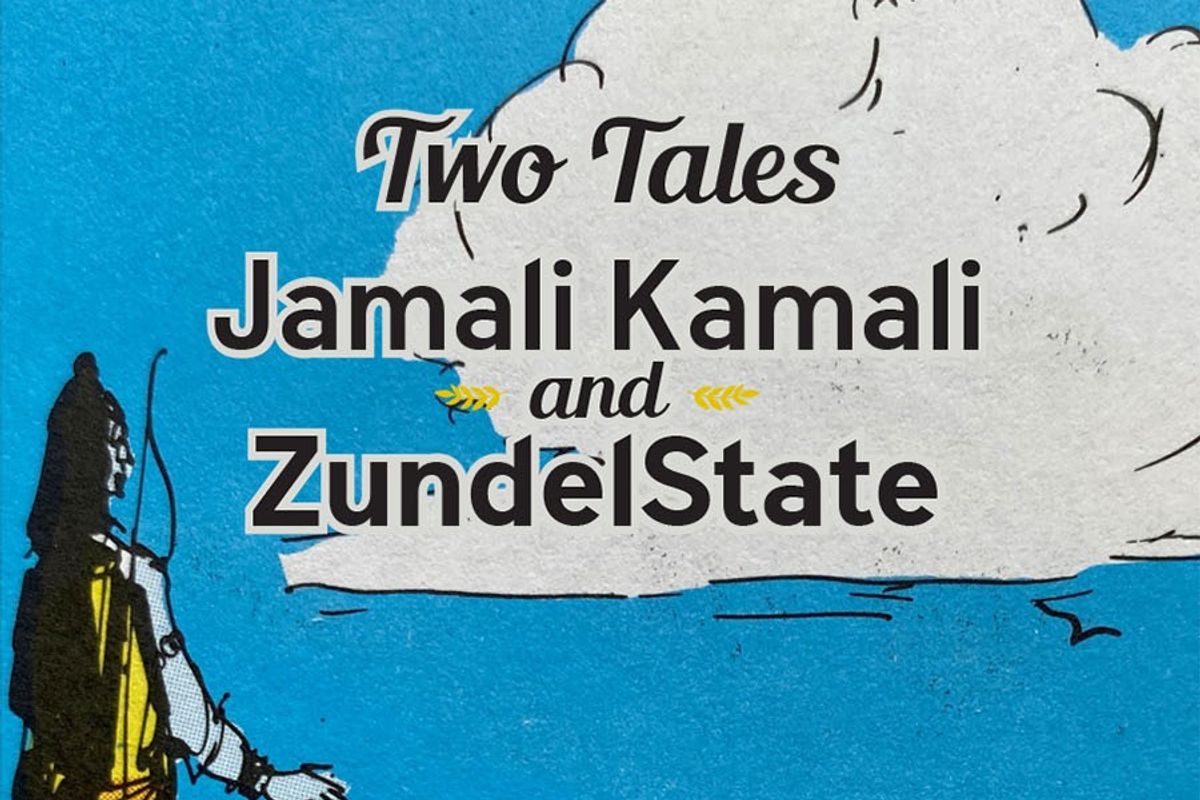
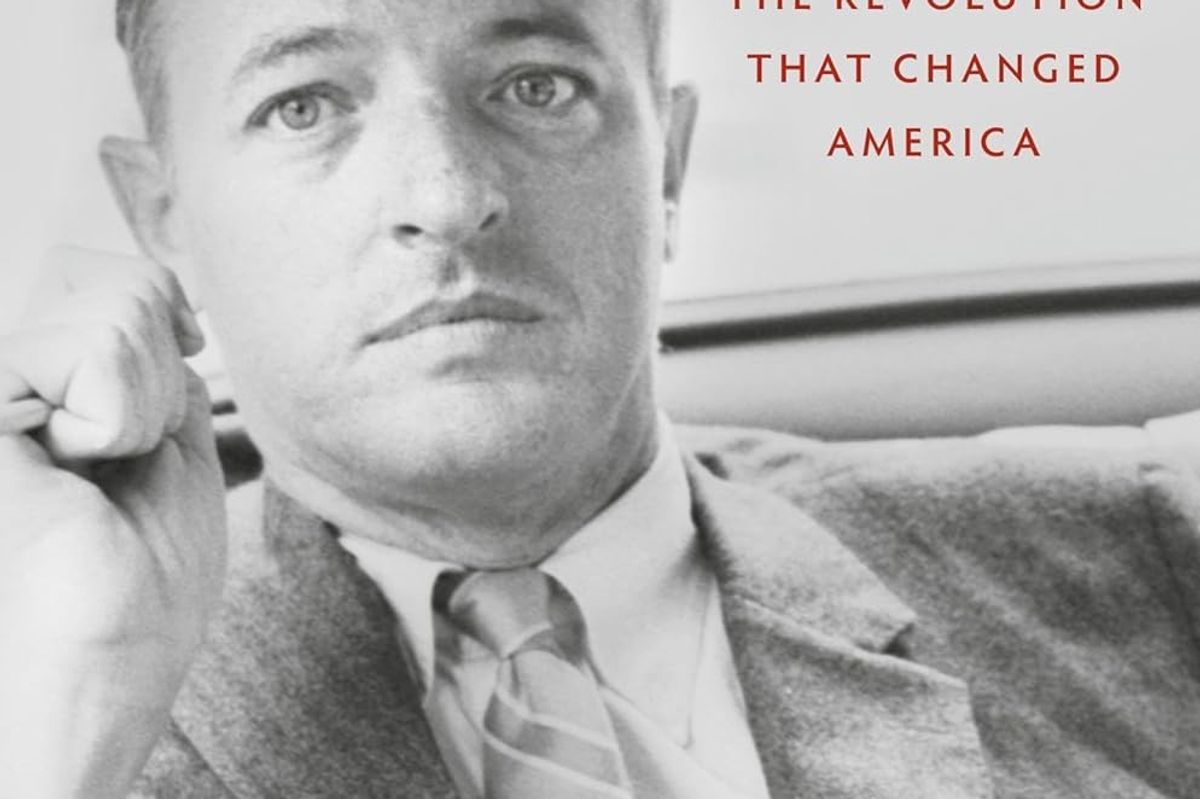
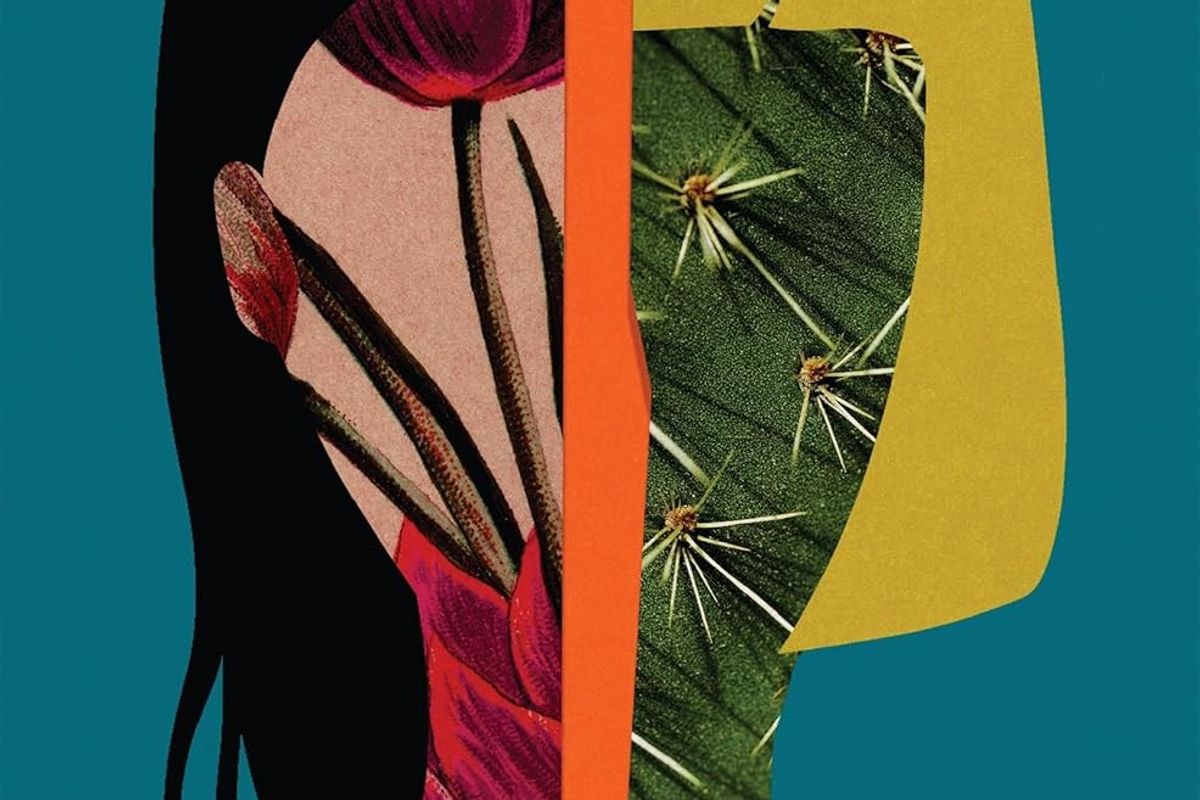
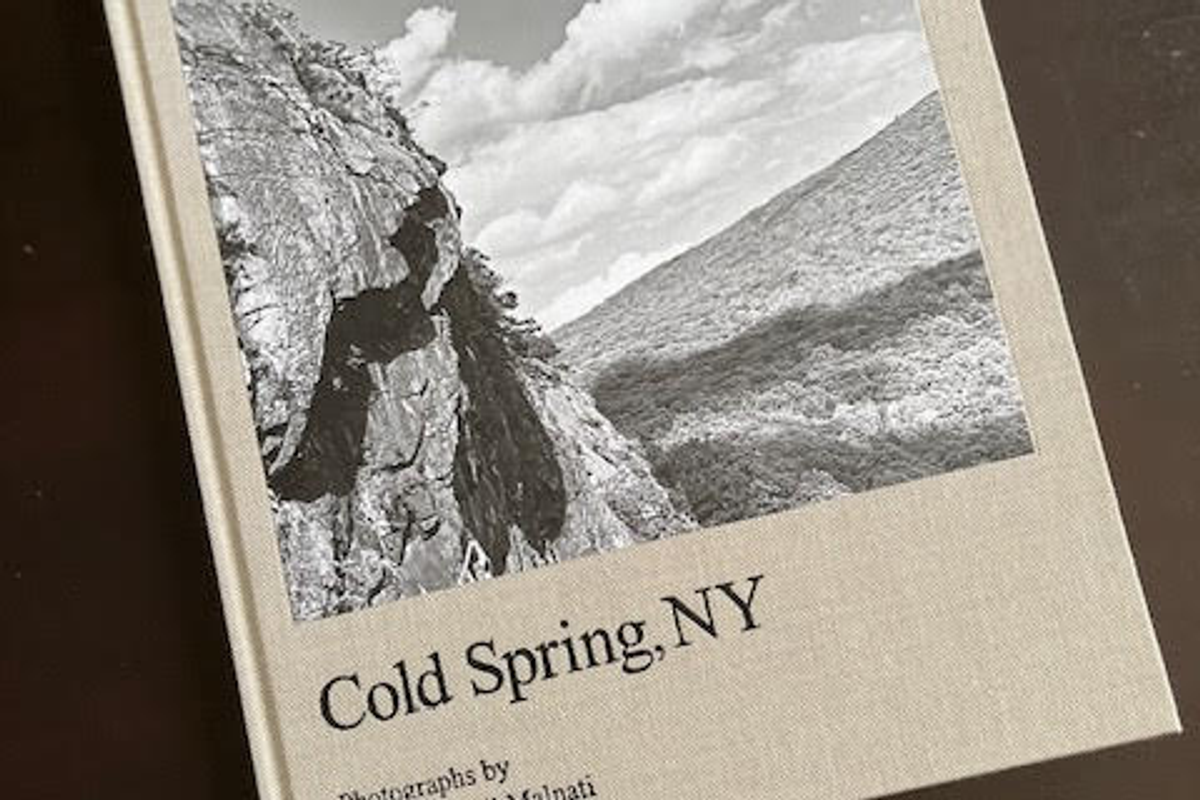
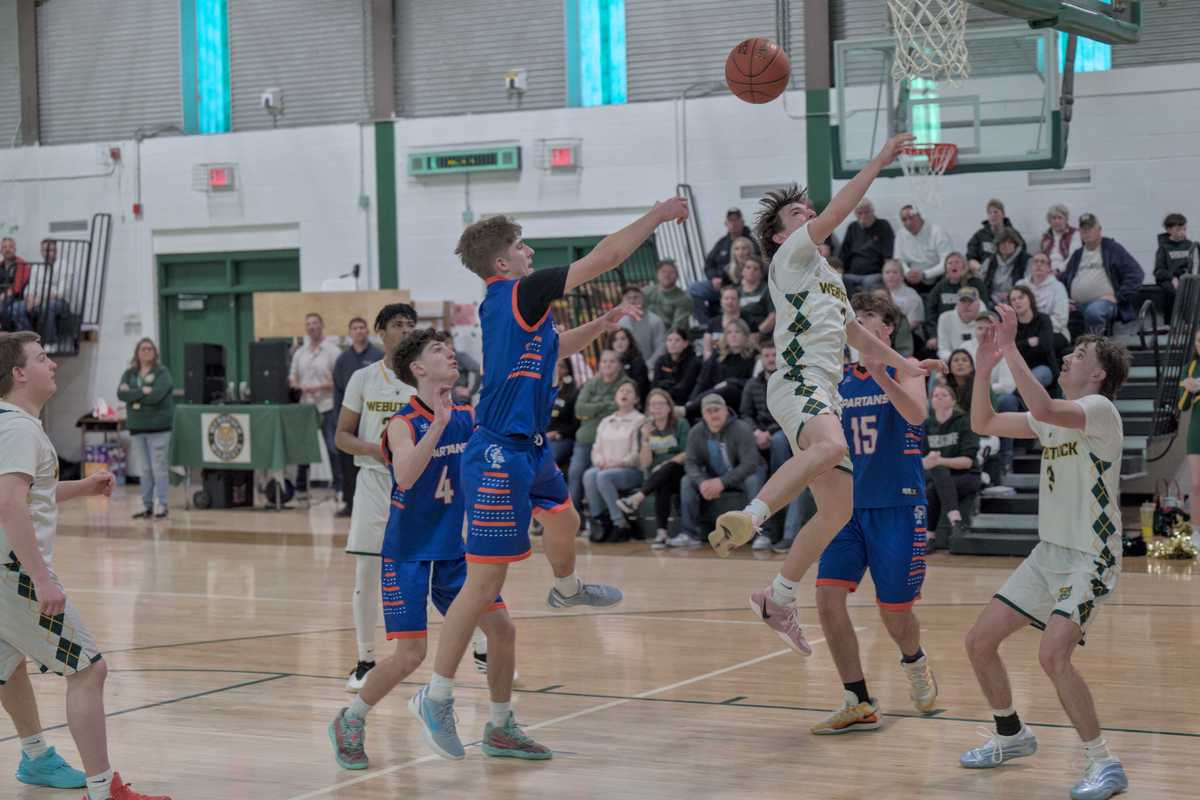
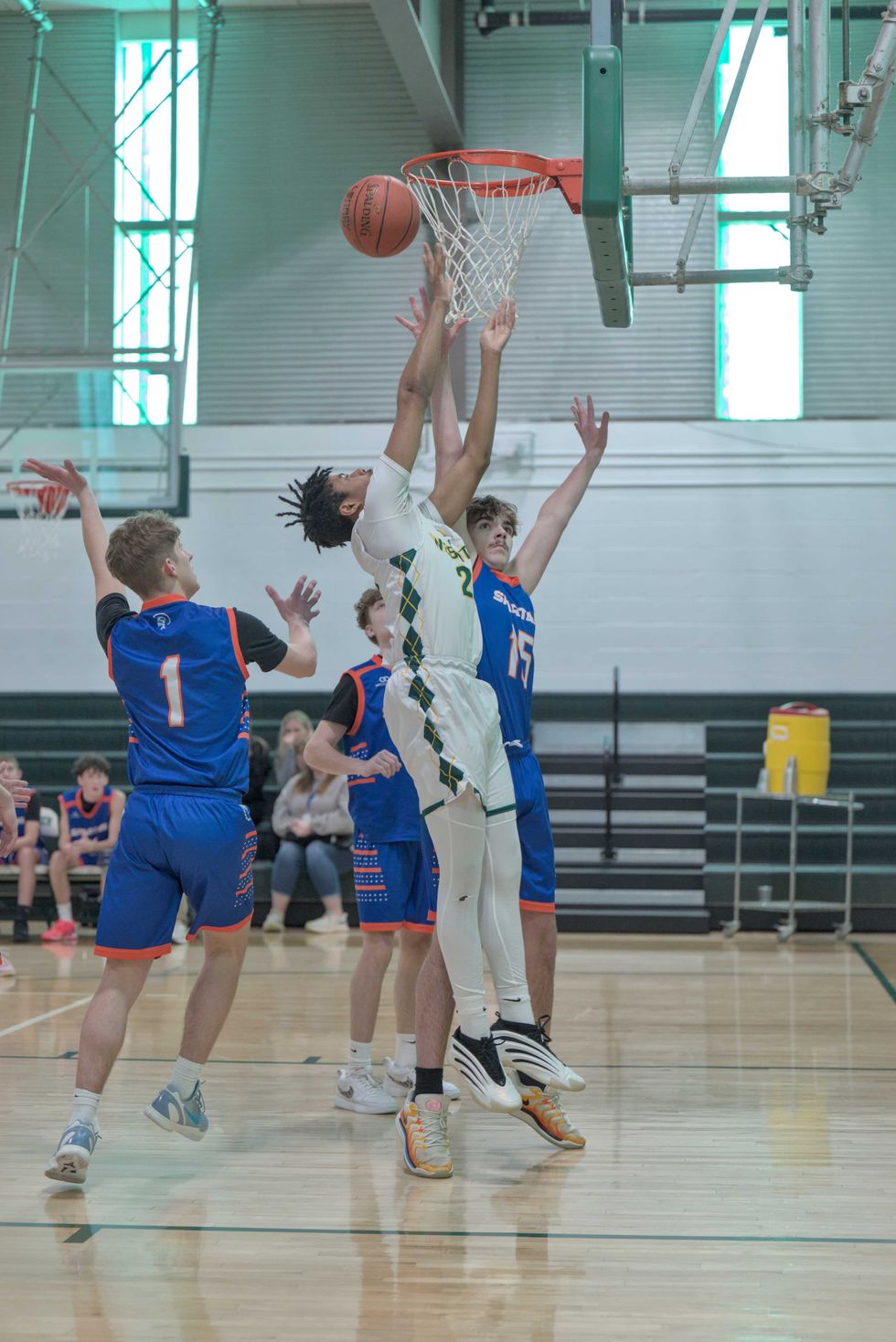
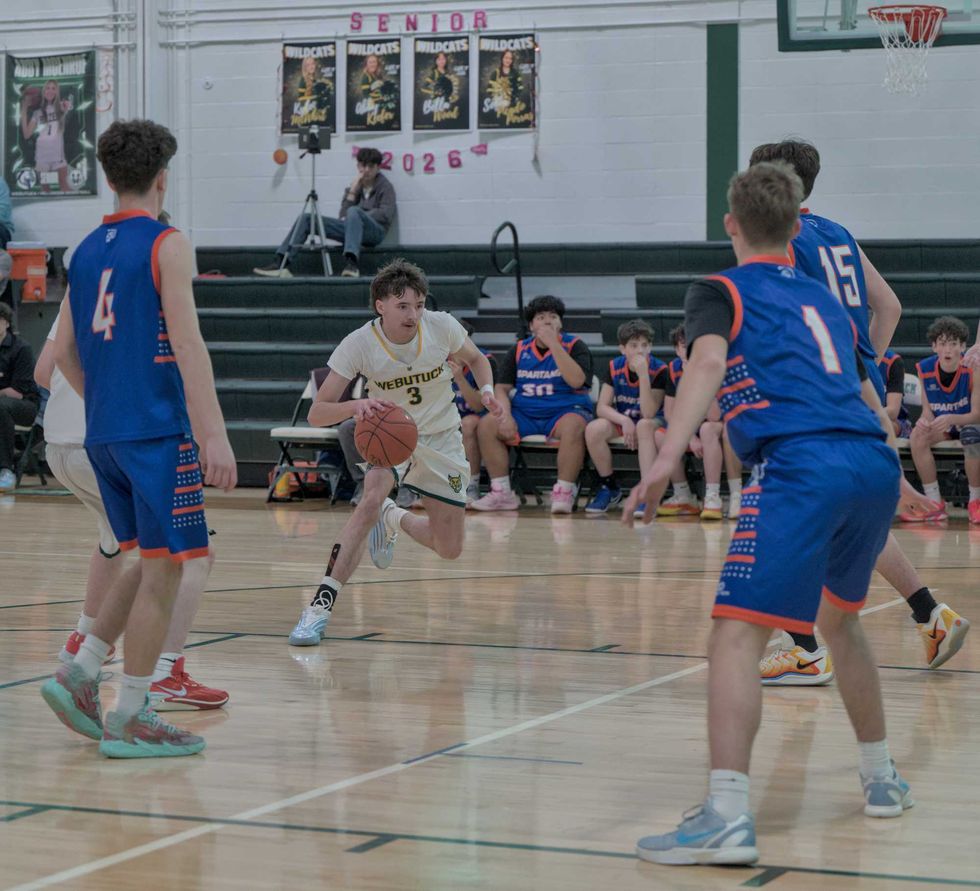
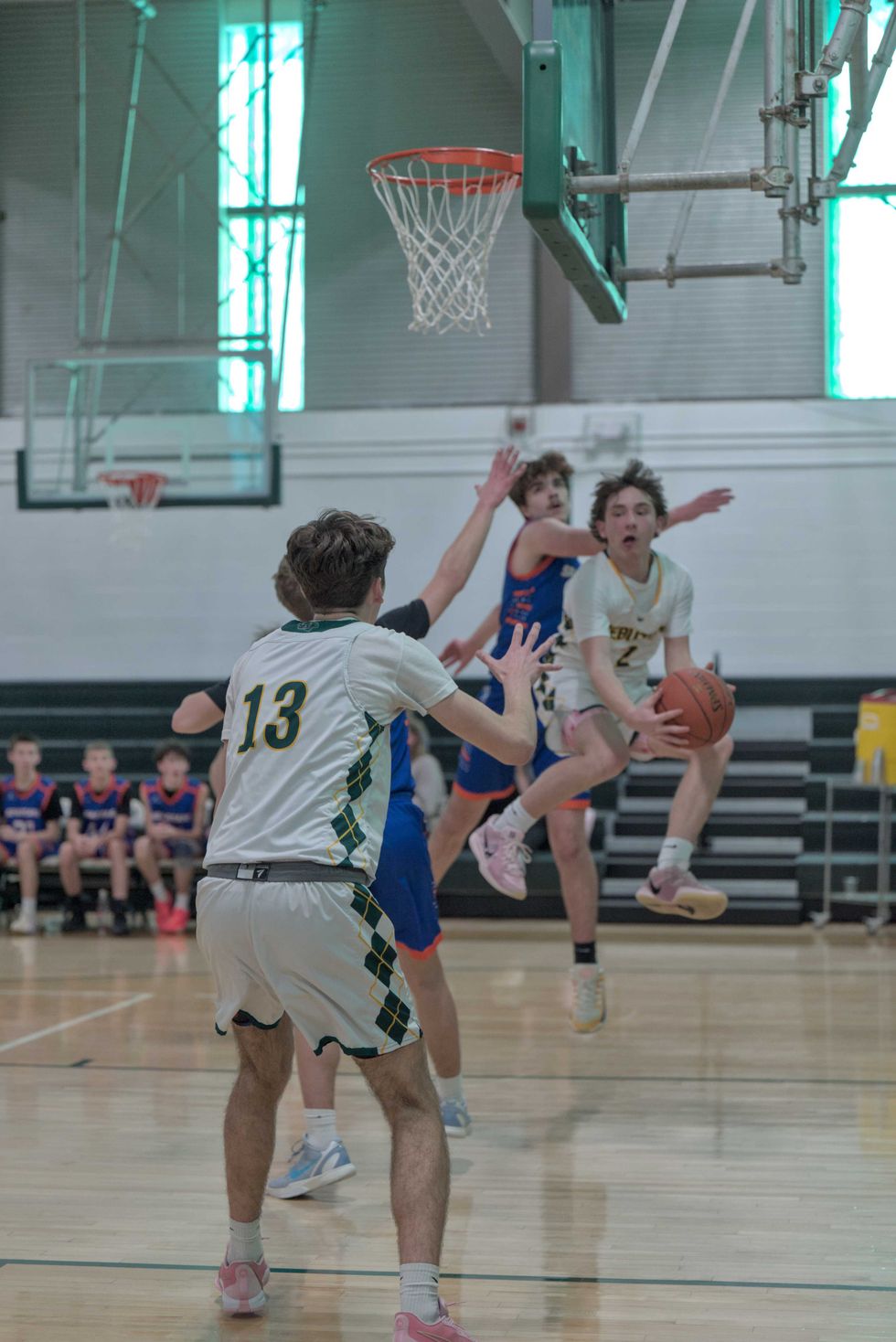
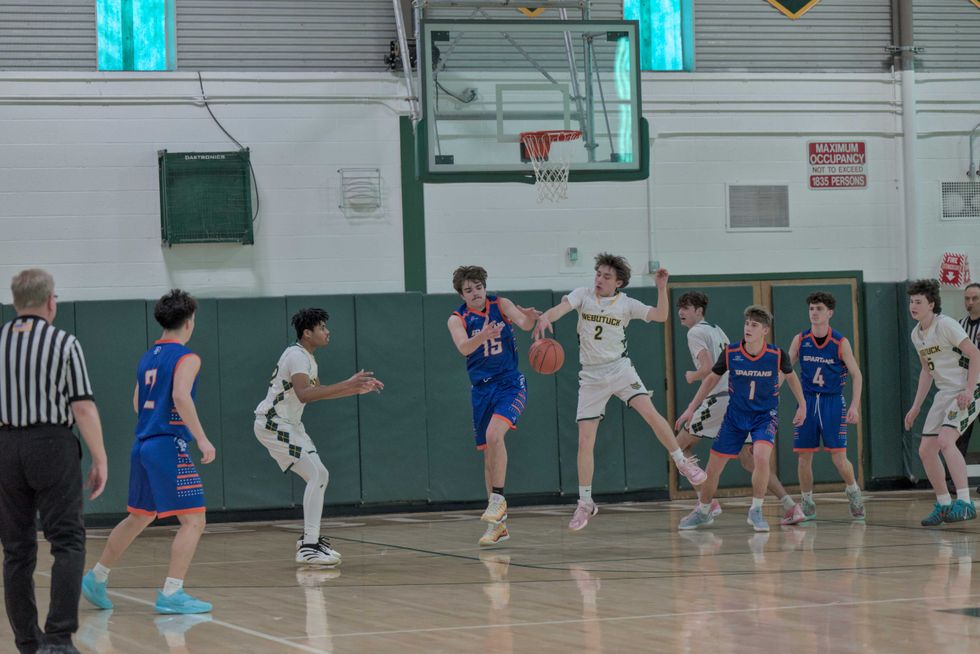
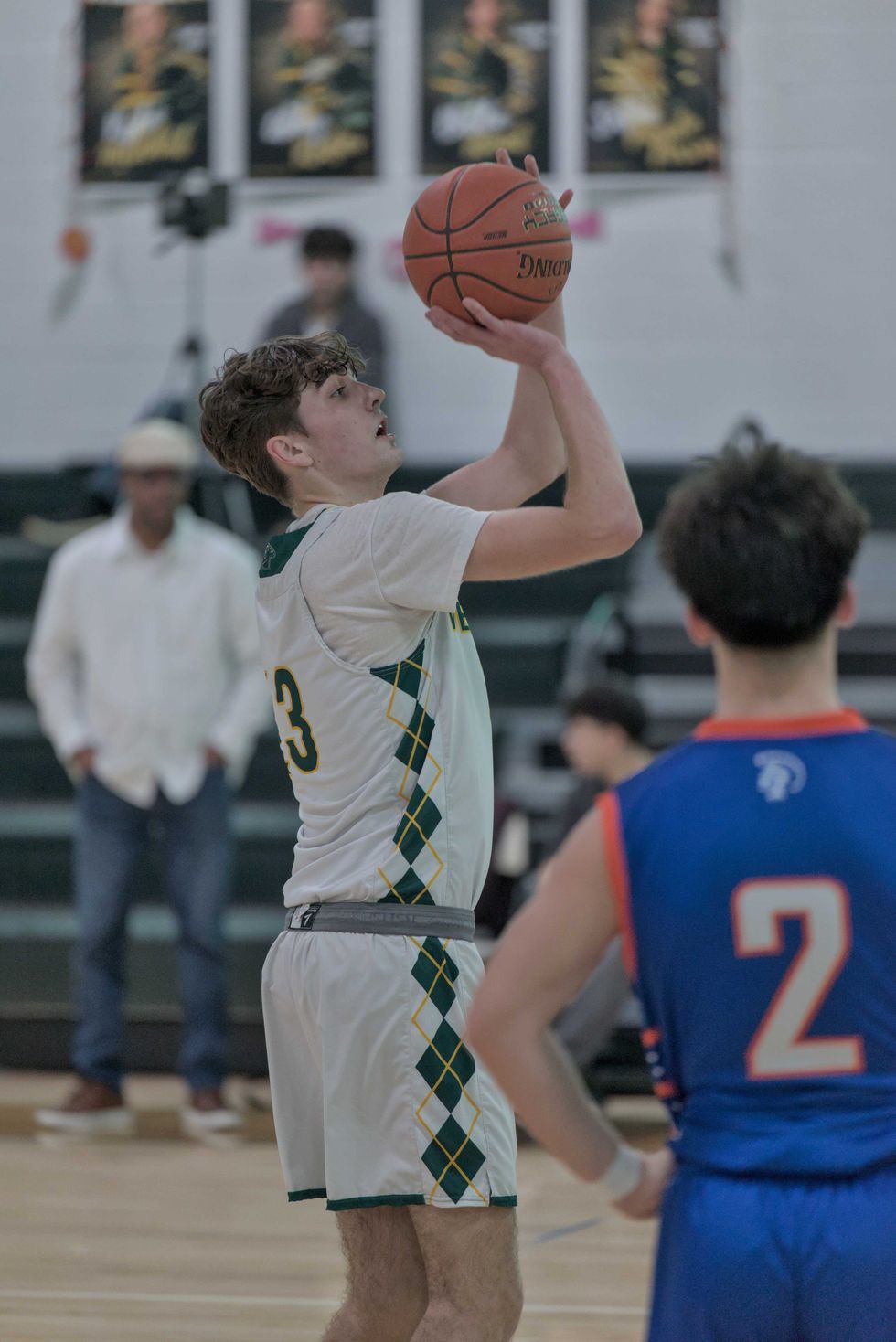
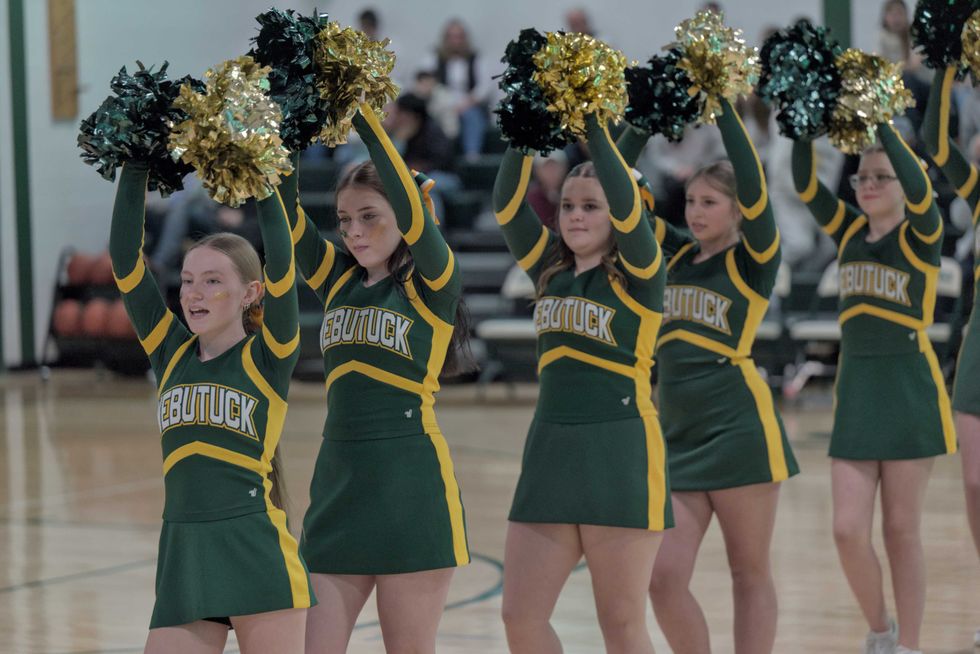
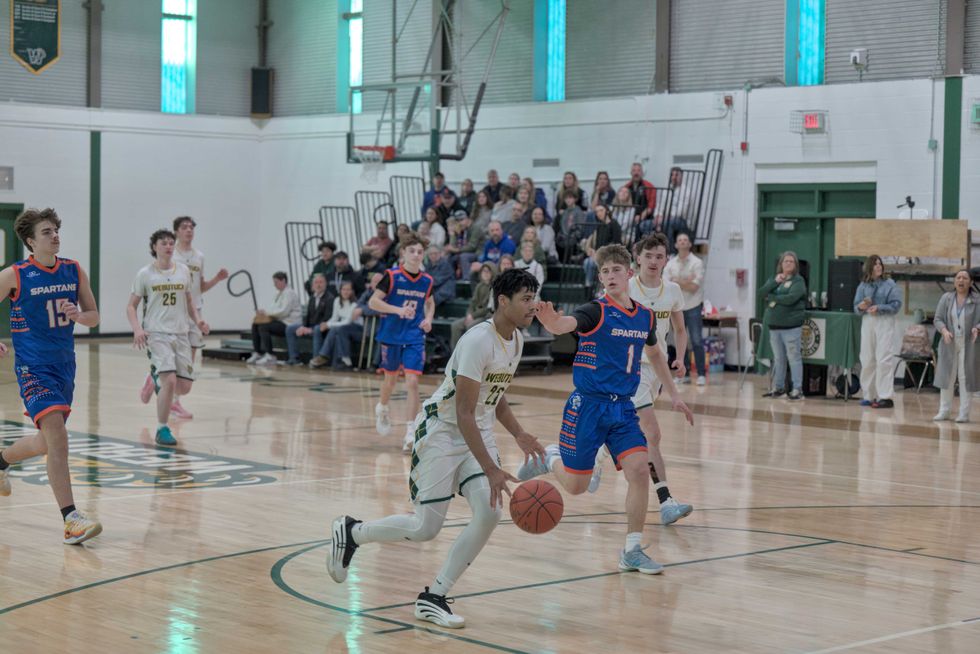
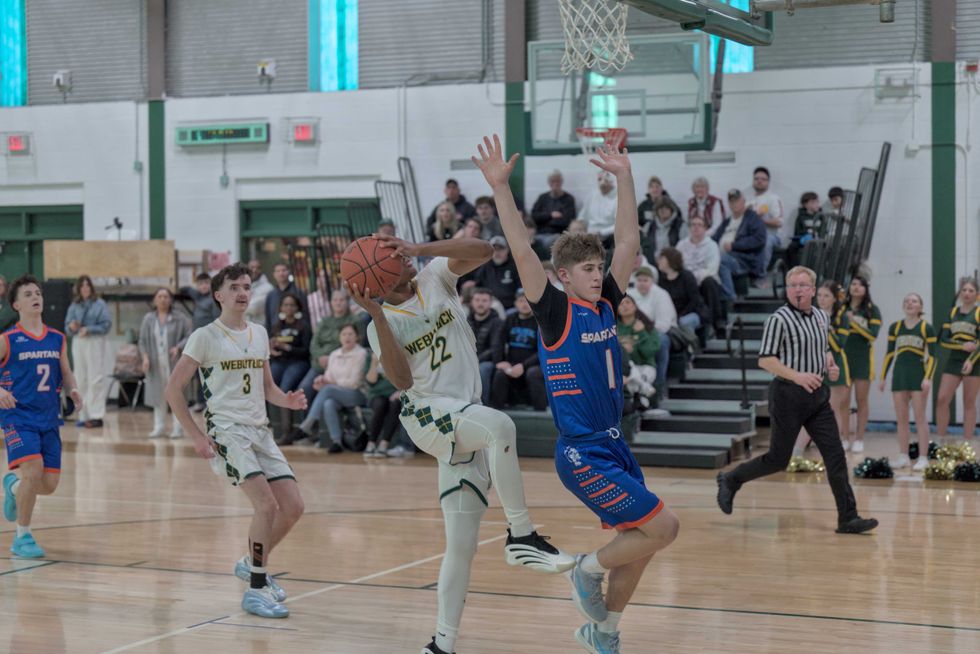
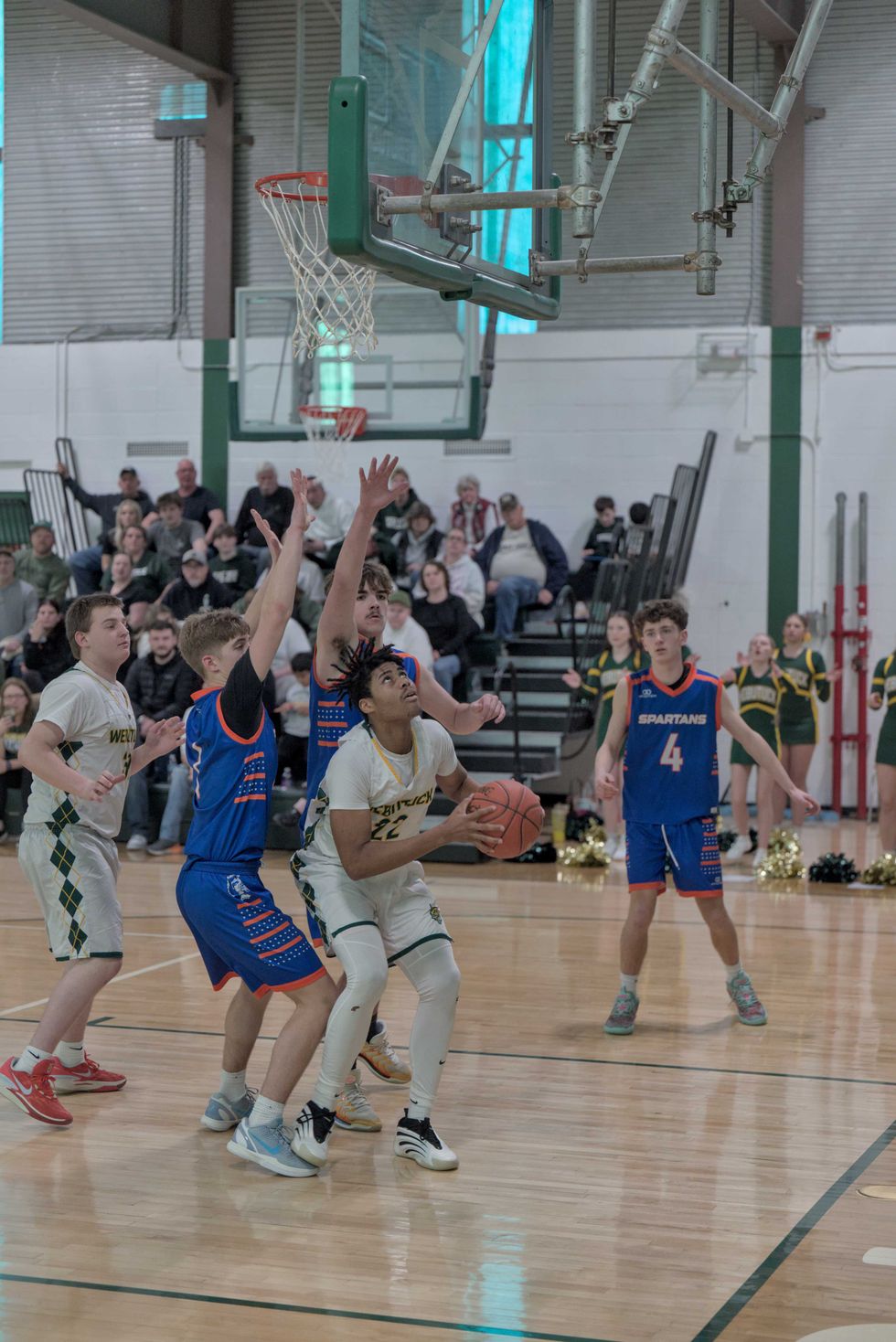
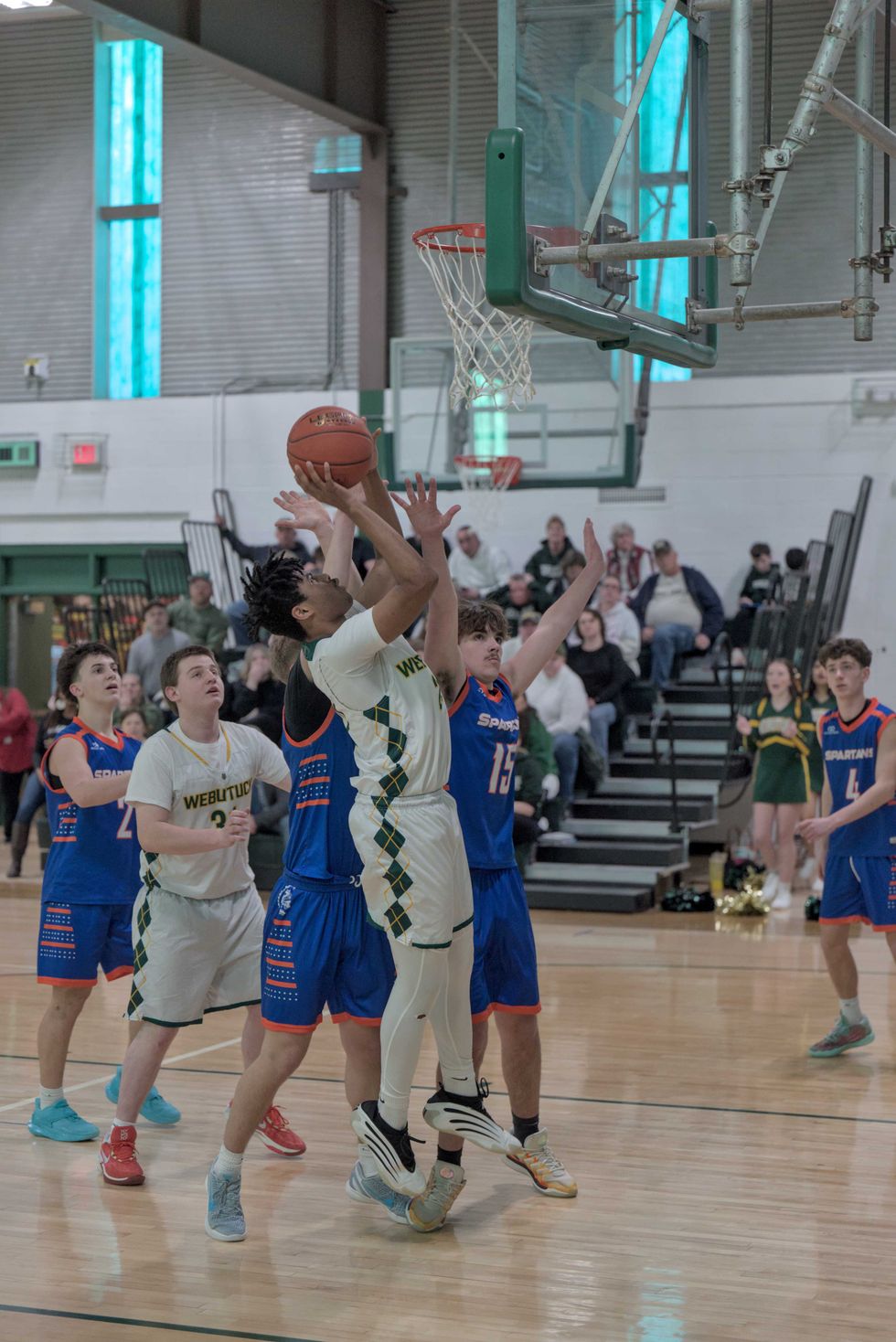
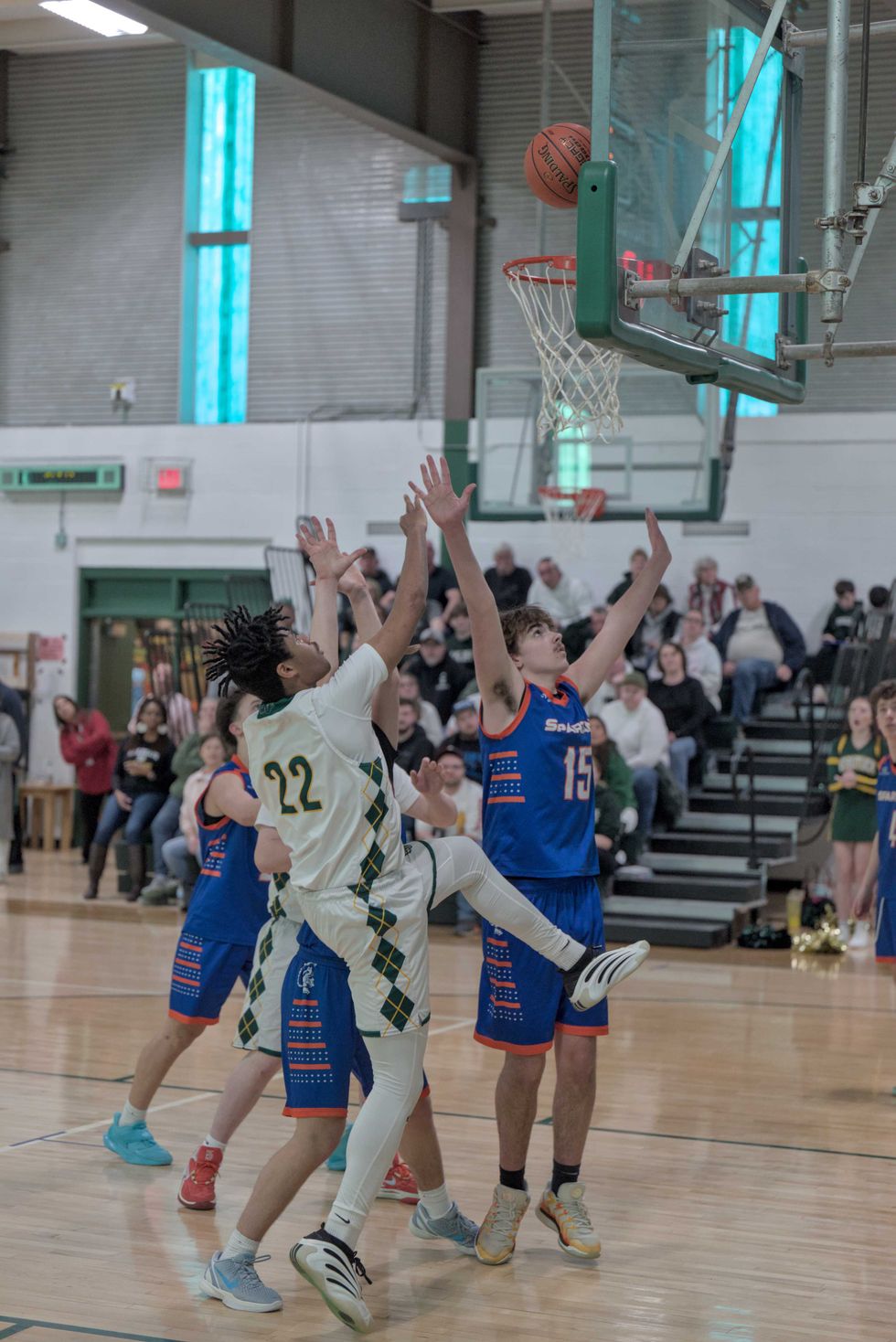
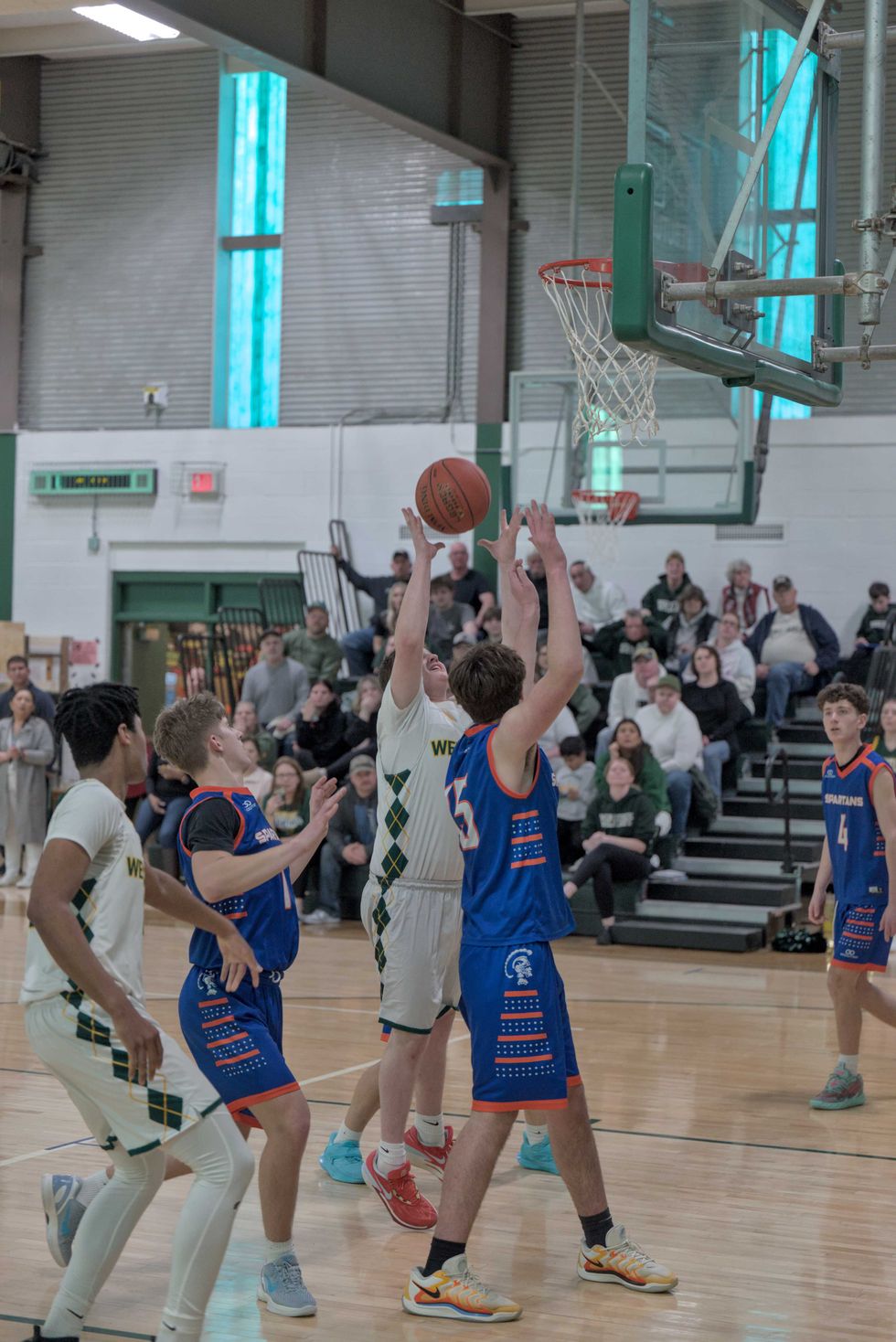
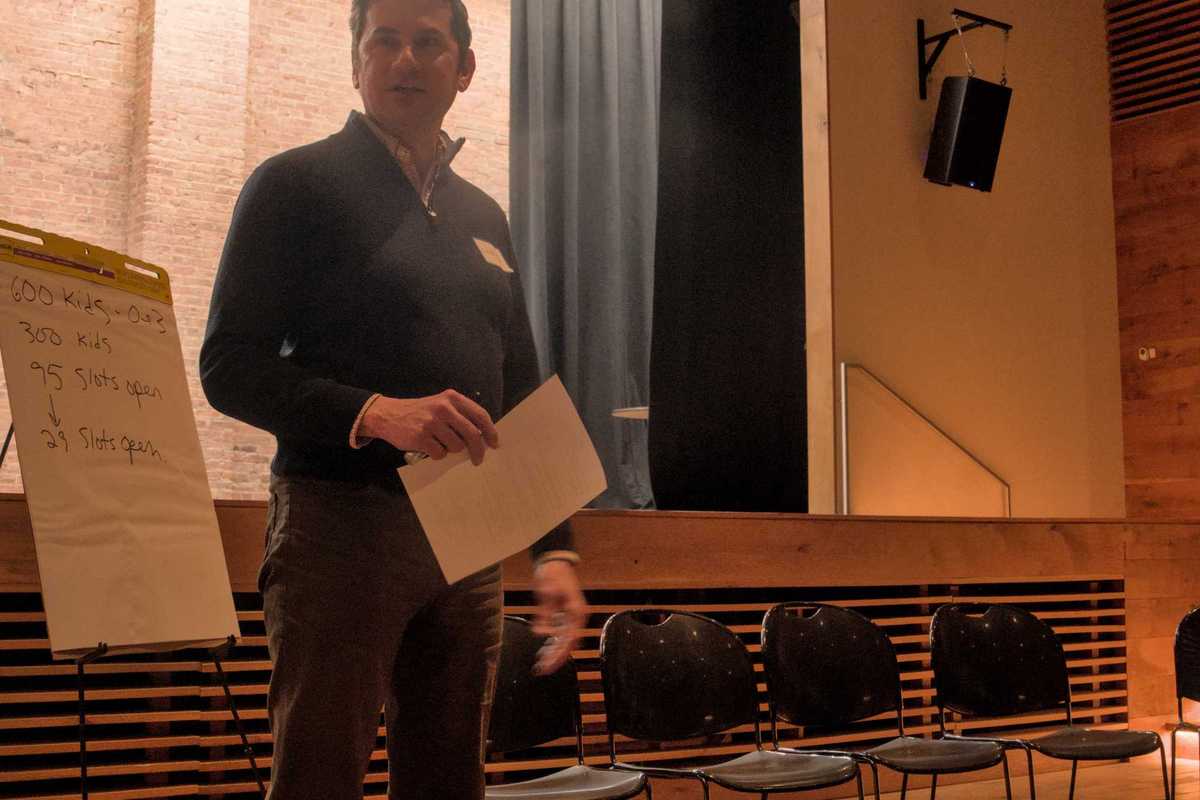
 Local parents, child care providers and nonprofit representatives outline the challenges they face in accessing and providing childcare in rural northeast Dutchess County during a forum at the Stissing Center in Pine Plains on Wednesday, Feb. 25. Photo by Nathan Miller
Local parents, child care providers and nonprofit representatives outline the challenges they face in accessing and providing childcare in rural northeast Dutchess County during a forum at the Stissing Center in Pine Plains on Wednesday, Feb. 25. Photo by Nathan Miller 

 lakevillejournal.com
lakevillejournal.com 





 Visitors consider Norman Rockwell’s paintings on Civil Rights for Look Magazine, “New Kids in the Neighborhood” (1967) and “The Problem We All Live With” (1963.) L. Tomaino
Visitors consider Norman Rockwell’s paintings on Civil Rights for Look Magazine, “New Kids in the Neighborhood” (1967) and “The Problem We All Live With” (1963.) L. Tomaino





